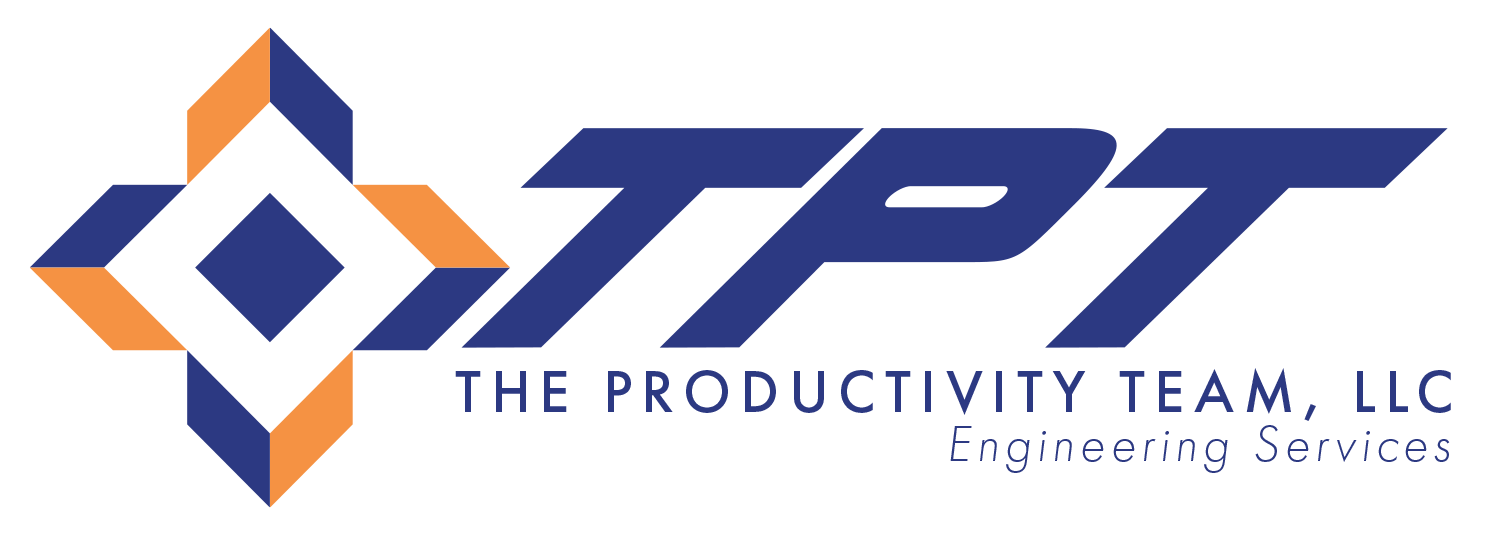In the fast-paced world of production, every minute counts. And when your processes are bogged down by inefficiencies and delays, it can be frustrating and costly. That’s where process engineering comes in.
This specialized field of engineering focuses on optimizing production processes to increase speed, improve quality, and enhance safety, ultimately leading to increased profitability.
Whether you’re in manufacturing, food processing, construction, or any other industry, process engineering can make a big impact on your bottom line.
In this article, we’ll explain what process engineering is, its applications, and the benefits it offers to help you take your production to the next level.
Process Engineering Explained
Process engineering is all about making things work more efficiently. It’s the science and art of taking a production process and figuring out ways to make it run smoother, faster, and with fewer hiccups. Whether it’s a manufacturing plant, a food processing facility, or even a construction site, process engineering can help optimize the workflow and get more done in less time.
Here are some examples of where process engineering is applied:
Manufacturing Plants
Here, process engineers will look at everything from the assembly line to the supply chain to identify bottlenecks and inefficiencies. They might suggest changes to the equipment, the layout of the factory, or the processes used to produce the product.
Food Processing Facilities
Similar to manufacturing, process engineers in a food processing plant will focus on streamlining the various stages of food production, from receiving raw ingredients to packaging the finished product. They’ll look for ways to speed up production, reduce waste, and improve food safety.
Construction Sites
On a construction site, process engineers can help optimize the construction process, from excavation to laying the foundation to putting up the walls. They’ll identify areas where the process can be improved, and suggest ways to streamline things so the project is completed more quickly and with fewer delays.
The Top Benefits of Process Engineering
There are many benefits to using process engineering to optimize your production process, including:
Increased Efficiency
By streamlining the process, you can get more done in less time. This means you can increase your production capacity, reduce your costs, and get your products to market faster.
Improved Quality
Process engineering can help you identify areas where the process can be improved, leading to higher-quality products. This can reduce defects, increase customer satisfaction, and lead to repeat business.
Enhanced Safety
A well-designed process can reduce the risk of accidents and injuries on the job. This not only protects your workers but also helps to reduce your liability exposure.
Increased profitability
By optimizing your process, you can reduce costs and increase your bottom line. This can help you stay competitive, invest in growth, and secure your long-term success.
Transform Your Production Process with The Productivity Team
So, what are you waiting for? If you want to elevate your production process, it’s time to consider process engineering. And if you want to work with the best, look no further than The Productivity Team.
TPT is the leading provider of facility planning and engineering services, and we’re here to help you get more done, faster, and with fewer hiccups.
Visit our website to learn more about our services and how we can help you optimize your production process today!
Contact Us to Learn More About TPT
TPT is the leading provider of facility planning and engineering services. Contact us today to speak with one of our planning and engineering specialists.
